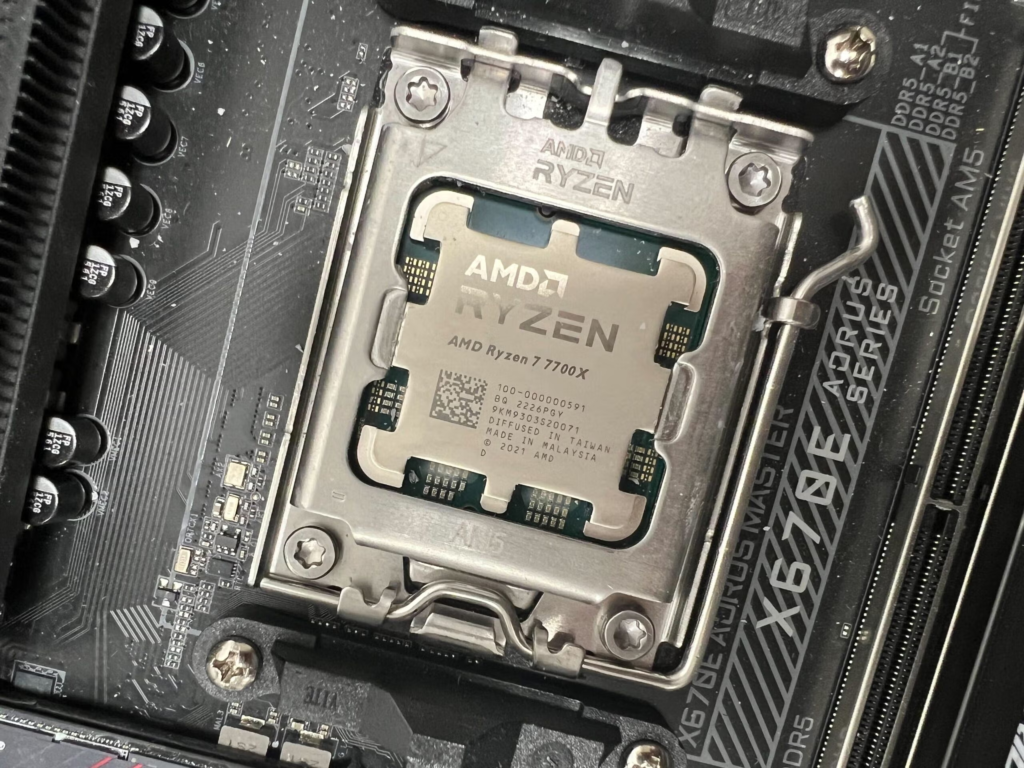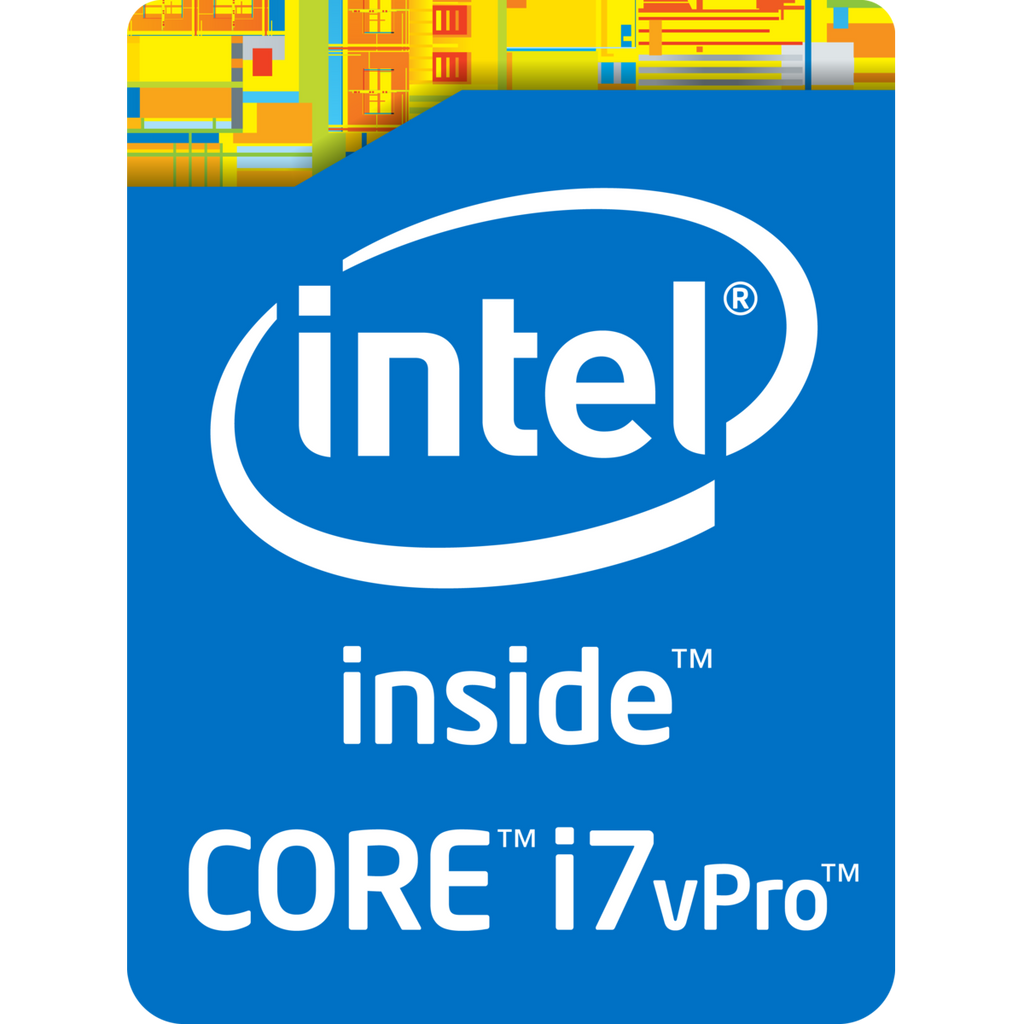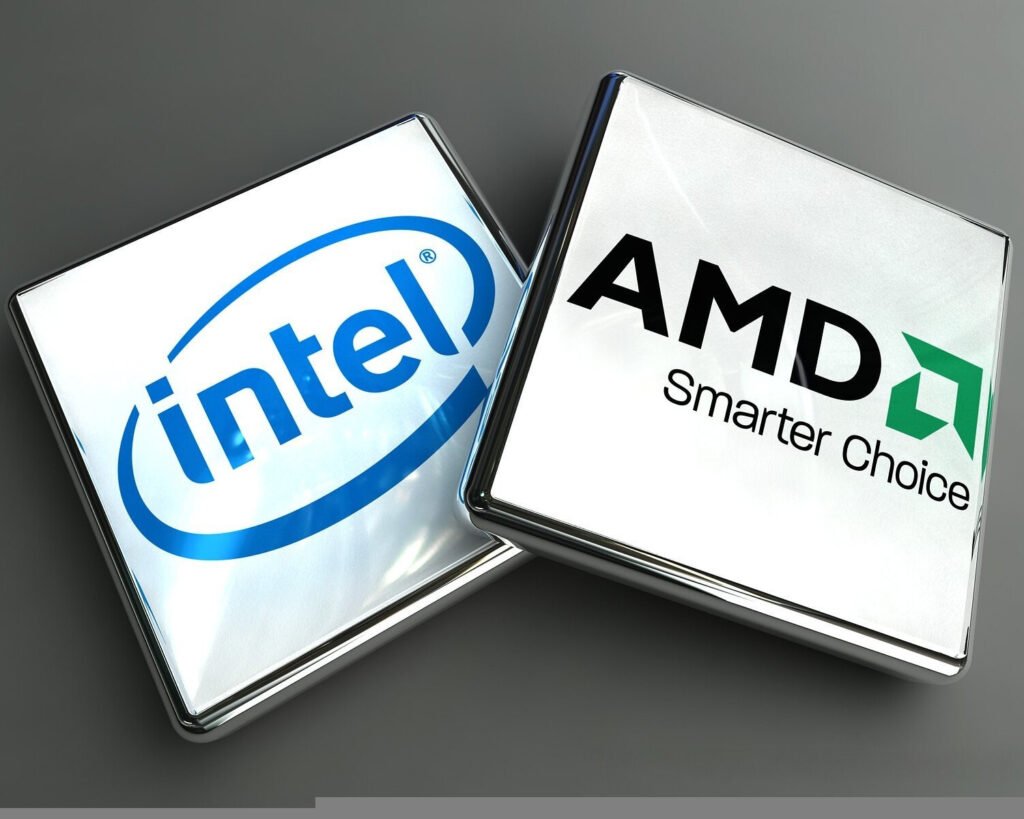Is Ryzen 7 better than Intel i7 in 2025? It’s one of the most frequently asked questions by gamers, tech enthusiasts, and power users who are planning to build or upgrade their PCs this year. With AMD and Intel constantly battling for dominance in the CPU market, it’s no surprise that the comparison between Ryzen 7 and Intel i7 is more relevant than ever.
Choosing the right processor can make or break your system’s performance—whether you’re gaming, streaming, editing videos, or multitasking heavily. So, naturally, users want to know: Is Ryzen 7 better than Intel i7 when it comes to performance, price, thermals, and future upgrade potential? In this blog post, we’ll explore each of these aspects in depth.
AMD’s Ryzen 7 CPUs, especially the Ryzen 7 7700X, 7800X3D, and the new 9700X, have been praised for their energy efficiency and strong gaming capabilities. Meanwhile, Intel’s 13th and 14th Gen i7 chips like the i7-13700K and i7-14700K boast impressive multi-core performance and excellent frame rates in demanding games.
So if you’ve been asking yourself, “Is Ryzen 7 better than Intel i7?”, this article will break down everything you need to know to make the smartest choice for your setup in 2025.
Overview of Ryzen 7 vs Intel i7 in 2025
Before answering “Is Ryzen 7 better than Intel i7?”, let’s look at what each series brings to the table in 2025.
AMD Ryzen 7 (7000 & 9000 Series)
The latest Ryzen 7 CPUs, including the Ryzen 7 7700X and the newly launched Ryzen 7 9700X, are built on AMD’s cutting-edge Zen 4 and Zen 5 architectures. These chips offer 8 cores and 16 threads, high base and boost clocks, DDR5 support, PCIe 5.0 compatibility, and superior efficiency. AMD’s 5nm and 4nm process nodes have made Ryzen chips faster and cooler than ever.

Intel Core i7 (13th & 14th Gen)
On Intel’s side, the Core i7-13700K and the refreshed i7-14700K are part of the Raptor Lake and Raptor Lake Refresh lineups. With a hybrid architecture that combines Performance and Efficiency cores, the i7 now offers up to 20 threads, strong single-core performance, and excellent multitasking.
So, from a specs standpoint, both are strong contenders. But the real test is: Is Ryzen 7 better than Intel i7 when it comes to real-world performance?

Gaming Performance: Is Ryzen 7 Better Than Intel i7?
If your main concern is gaming, then naturally you’re asking, “Is Ryzen 7 better than Intel i7 for gaming?” The answer depends on the specific titles and your graphics card.
- Intel i7 excels in high-FPS gaming scenarios, thanks to higher single-core speeds and improved latency. In games like CS2, Valorant, and Call of Duty, the i7-14700K consistently delivers slightly better frame rates.
- Ryzen 7 is not far behind, and in GPU-bound or open-world games like Cyberpunk 2077, Elden Ring, and Starfield, the performance difference is negligible. Plus, AMD’s 3D V-Cache versions like the Ryzen 7 7800X3D deliver incredible gaming performance, often outperforming Intel in certain titles.
So, is Ryzen 7 better than Intel i7 in gaming? It’s close—Intel wins in raw FPS, but AMD wins in efficiency and performance-per-watt, especially with the 3D V-Cache models.
Multitasking and Productivity Performance
When it comes to multitasking, streaming, editing, and other demanding workloads, is Ryzen 7 better than Intel i7?
- Intel’s hybrid core setup gives it an edge in multi-threaded workloads like video editing, 3D rendering, and heavy streaming. More threads often mean faster rendering and smoother performance under load.
- AMD Ryzen 7, especially the newer Zen 5 chips, performs admirably and offers better power efficiency. Ryzen is also favored in certain creative software environments due to better optimization and thermal behavior.
If you’re doing a mix of gaming and content creation, the answer to “Is Ryzen 7 better than Intel i7?” might lean slightly toward Intel for raw power, but AMD for balance and cooler operation.
Power Efficiency and Thermals
With rising energy costs and smaller PC builds on the rise, power efficiency is more important than ever. So, is Ryzen 7 better than Intel i7 when it comes to thermals and energy use?
- Ryzen 7 processors are more power-efficient, thanks to AMD’s advanced chiplet architecture and refined manufacturing process.
- Intel chips generally run hotter and consume more power under load, especially when overclocked. That means you’ll need a better cooler and potentially a higher wattage PSU.
For users prioritizing quiet, cool, and efficient systems, Ryzen 7 is the better choice, especially in compact builds.
Pricing and Long-Term Value
A crucial part of deciding “Is Ryzen 7 better than Intel i7?” is looking at pricing and platform longevity.
- Ryzen 7 CPUs are often more affordable than their Intel counterparts and offer a better price-to-performance ratio.
- AMD AM5 socket is expected to last several more generations, allowing easier upgrades without replacing the motherboard.
- Intel’s LGA 1700 socket is nearing the end of its life, so choosing Intel may mean limited upgrade paths.
In terms of value and future-proofing, Ryzen 7 wins, making it a smarter long-term investment for most users.
Ryzen 7 vs Intel i7 in 2025: Feature Comparison Table
| Feature | AMD Ryzen 7 (7700X / 7800X3D / 9700X) | Intel Core i7 (13700K / 14700K) |
|---|---|---|
| Architecture | Zen 4 / Zen 5 | Raptor Lake / Raptor Lake Refresh |
| Core / Thread Count | 8 Cores / 16 Threads | 8P + 8E Cores / 20 Threads |
| Base Clock Speed | ~4.2 GHz | ~3.4 GHz |
| Boost Clock Speed | Up to 5.4 GHz | Up to 5.6 GHz |
| L3 Cache (3D V-Cache Model) | Up to 96MB (7800X3D) | Up to 30MB |
| Power Efficiency | Higher (Lower TDP) | Lower (Higher Power Consumption) |
| Thermals | Cooler, better for compact builds | Hotter, needs strong cooling |
| Gaming Performance | Excellent (esp. 7800X3D) | Slightly better in high-FPS titles |
| Multitasking & Productivity | Strong performance, great efficiency | Slight edge in heavy workloads |
| Platform Longevity | AM5 (expected support through 2026+) | LGA 1700 (near end-of-life) |
| Upgrade Path | Easier and cheaper upgrades | May require full platform change |
| Price-to-Performance Ratio | Better value overall | Slightly higher cost |
| Best Use Case | Balanced gaming + multitasking | Max FPS, multi-core workloads |
Final Verdict: Is Ryzen 7 Better Than Intel i7?
So, is Ryzen 7 better than Intel i7 in 2025? The answer depends on what you value most in a processor.
If you’re focused on gaming performance, especially with titles that benefit from high cache and efficient thermal management, the Ryzen 7 7800X3D or newer Ryzen models deliver exceptional results. AMD’s 3D V-Cache technology continues to give it an edge in gaming benchmarks, offering smooth gameplay with lower power consumption.
On the other hand, if your workflow involves heavy multitasking, content creation, or productivity tasks like video rendering, the Intel i7-14700K and its hybrid architecture (with performance and efficiency cores) still provide a slight advantage in raw multi-threaded workloads. Intel also tends to push slightly higher clock speeds, which can benefit certain use cases.
However, AMD offers a better price-to-performance ratio, superior power efficiency, and longer platform support with its AM5 socket—making it a more future-proof choice for many users.
Ultimately, is Ryzen 7 better than Intel i7 in 2025? For most gamers and average users, yes—especially with the 7800X3D. But if your tasks demand every bit of multi-core muscle, Intel still holds a strong place. Choose based on your unique needs, but either way, you’re getting top-tier performance.
For more CPU comparisons, gaming tech reviews, and PC building tips, visit GadgetSyte.com — your trusted source for tech insights in 2025.







